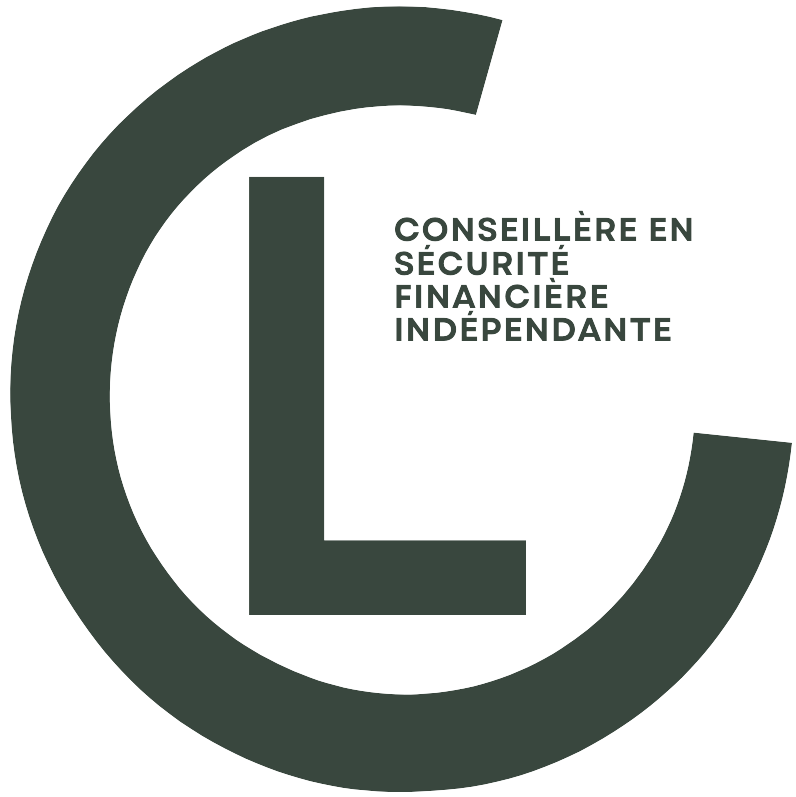How to Talk About Money with Your Child (Even If They Can’t Read Yet)
We often think that financial education starts in adolescence. Yet, the foundations of a healthy relationship with money are established… long before the first piggy bank. Even if your child can’t yet read, add, or understand the word “budget,” they are already absorbing—through your language, actions, and decisions—a wealth of messages about the value of money. Here’s how to pass on good habits today that will serve them for life.
1. Teach Them That Not Everything Can Be Bought—And That Every Choice Has a Cost
“We can’t have everything right away.” “If we choose this, we can’t have that.” These are simple phrases, but they teach powerful concepts:
- Patience
- The notion of priorities
- The link between desire and decision
Even a toddler can understand that choosing one toy at a time is normal. And that not everything we see in the store necessarily ends up at home.
2. Make Money an Open Topic, Not a Taboo
You don’t need to talk about taxes or interest rates. But you can:
- Show them that mom or dad works to earn money
- Explain why you make certain expenses and not others
- Say things like, “We’re saving to go camping this summer”
This positive language shows them that money is a tool, not a source of stress or arguments.
3. Use Play to Teach the Basics
Children learn through play. Here are some simple ideas:
- Give a few symbolic coins (or stickers) for small “jobs”: helping to tidy up, organizing, etc.
- Play store at home, with made-up prices
- Use a transparent piggy bank so they can see the progress
These games help them understand rewards, exchange, and saving.
4. Practice Sorting and Giving—Not Just Buying
Talking about money is also about value. Teach them to:
- Sort through their toys and donate the ones they no longer use
- Choose an item for another child who might need it
This cultivates gratitude, empathy… and curbs accumulation.
5. Remember, You Are Their First Role Model
Your child watches you. If they see you comparing prices, avoiding impulsive purchases, and planning family projects, they’ll learn to do the same. You don’t need to be perfect. Just consistent and mindful of the message you send every day.
🌱 Because good habits start small Talking about money with your child isn’t taking away their innocence. It’s giving them one more strength to grow with confidence and independence. And if you’d like to better understand how to pass on the right foundations to your family, I can guide you through a free, personalized financial education session.
